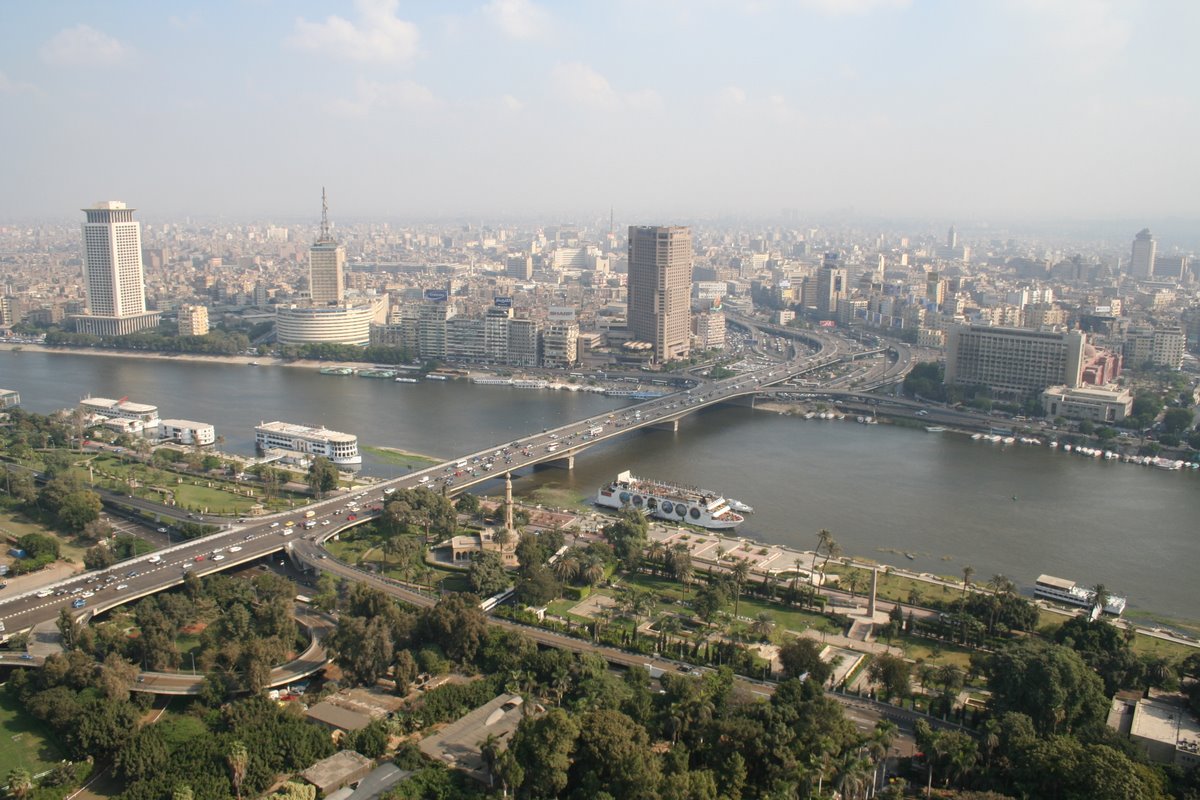 For full coverage of Middle East business events, see MEED
For full coverage of Middle East business events, see MEED
Foreign exchange shortages, restricted gas supplies for petrochemical producers and a slowdown in tourism activity due to security concerns in the second half of the year combined to hit trends in Egypt’s GDP in 2015, Fitch Ratings said today in a new report on Egypt’s economic outlook.
“Economic growth slowed in 2015 after a strong pickup in 2014,” Fitch said. “Economic activity was hurt by foreign exchange shortages and further expectations of currency devaluation. Exports have also been weighed down by worsening security conditions in the region and sluggish global growth. While the economy benefited from a strong recovery in tourism during 2014 and early 2015, and a healthy boost to public capital spending, both factors appeared to fade during the second half of 2015.”
Fitch said real GDP growth began slowing in the first quarter of 2015 and continued to ease in the second quarter. The production index began to retreat around the middle of the year against the year before. The Purchasing Managers’ Index (PMI) dipped significantly below 50 early in the year and again later in 2015. Private credit growth, which had held up most of 2015, slowed towards the end of the summer, reflecting slowing economic activity, Fitch said.
“Egypt’s fiscal and external positions continued to face significant pressures, with conditions appearing to deteriorate in 2015,” Fitch said. “The country continues to record a large fiscal deficit after foreign government grants declined. Reforms to address the deficit have not moved quickly enough. The external position also worsened in 2015, with the current account deficit widening and foreign reserves remaining relatively tight despite generous GCC deposits.”
Expectations of further devaluations in the value of the Egyptian pound against the dollar increased uncertainty and adversely affected investment trends.
Fitch said one of the key indicators of the growth slowdown has come from the Ministry of Planning’s production index, which has been falling since the middle of 2015.
“The main source of the slowdown has been a contraction in manufacturing activity, which accounts for as much as 38 per cent of the index,” Fitch said. “The slowdown has been largely in the petrochemicals sector and was due to reduced availability of gas feedstock as authorities prioritized gas for power generation during the peak summer months.”
Tourist numbers began to decline after the second quarter of 2015. The number of visitors fell by 5 per cent year-on-year in the third quarter of the year. Further deterioration can be expected following the downing of a Russian commercial aircraft carrying largely Russian tourists from Sharm El-Sheikh, Fitch said.
Inflation has eased during 2015, with core inflation falling to its lowest level since early 2013. Core inflation fell to 6.3 per cent in October 2015.
Fitch said Egypt’s fiscal deficit remains a key concern for the country’s outlook.
“The fiscal position has deteriorated over the last year, in large part due to a decline in official grants,” Fitch said. “The deficit reached 13.9 per cent of GDP for the 12 months ending in May 2015. This compares to 10.9 per cent a year before.”
The current account deficit deteriorated largely on a decline in official transfers, though weaker oil exports and strong imports were also to blame, Fitch said. The trade deficit increased by 14 per cent during the 12 months through the second quarter of 2015. Oil exports fell by 30 per cent in the 12 months ending June 2015 due mainly due to lower oil prices.
Official transfers have virtually gone to zero after they accounted for 3.6 per cent of GDP in 2014, Fitch said.
“Official foreign currency reserves held by the Central Bank of Egypt have come under pressure recently, despite a $6 billion deposit made by GCC allies in April 2015,” Fitch said. “Reserves stood at $16.4 billion at the end of November 2015. At around 3.2 months of imports, reserves are near the minimum level recommended by the IMF.”
The central bank allowed the Egyptian pound to depreciate against the US dollar in February, July and again in October 2015. The latter move was reversed a few weeks later in what appeared to be an attempt to limit expectations of further currency declines.
“The main challenge for the central bank has been managing the external pressures on the pound without allowing the currency to devalue too rapidly,” Fitch said. “Central Bank of Egypt policy under the former governor, Hisham Ramez, was to maintain capital controls and ration access to foreign currency through an auction system in place since early 2013. This set of policies has been criticized for creating a severe foreign currency shortage and for negatively impacting economic activity. It is not clear if Tarek Amer, the new governor who took office in November 2015, will change policy in any major way.”
Egypt: GDP 2014/15-2017-18
GDP ($bn) 310 331 361 396
Real GDP growth (%) 4.1 3.5 4.0 4.5
Source: Fitch Ratings, 30 December 2015